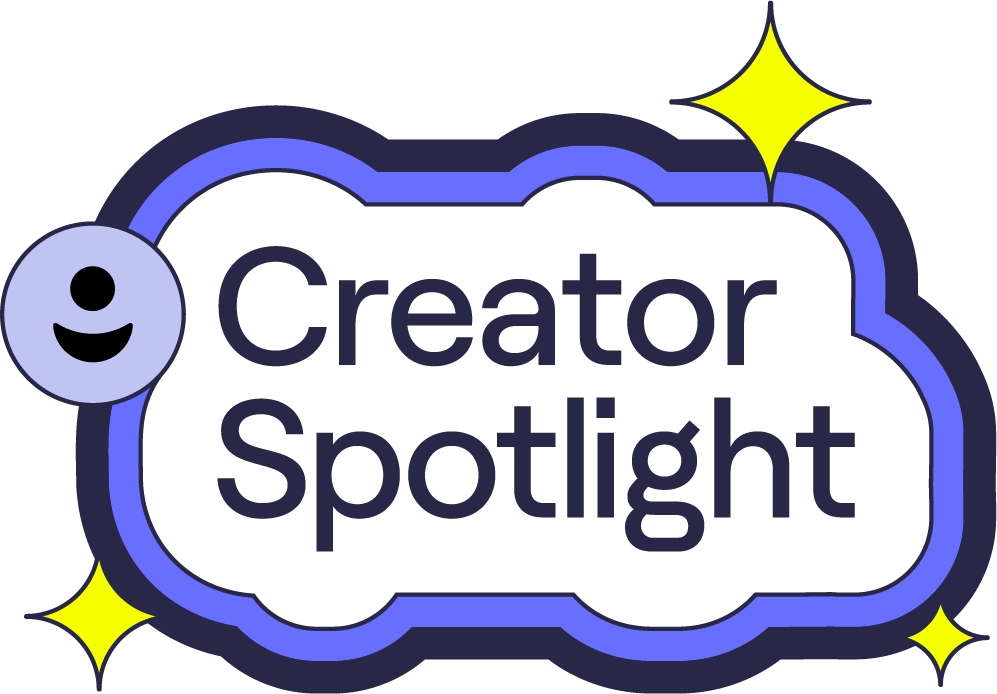
Gabriella Wisdom, a travel influencer, inspires wanderlust and sustainability through Postcards from Hawaii.
Rachel McClusky was only nine years old when she started her first company.
OK, maybe it was just a lemonade stand. But either way, she quickly learned that becoming a successful entrepreneur often means finding the bravery to try a completely new approach. So instead of waiting for customers to venture into her front yard, she went door to door and created her own audience with her neighbors.
After her brief stint in door-to-door sales, the Chicago native moved up to babysitting, cutting grass, or whatever other odd job she could find.
“I feel like I just wanted to work from a young age,” Rachel said. “I was always ready to do whatever needed to be done in the neighborhood.”
Rachel’s entrepreneurial spirit has always been fueled by a strong connection with her community. And in 2016, she found (or founded, rather) her true calling with Recharge Wellness Co.—a health and fitness experience meant to provide a safe space for women to come together, unplug, and “recharge.”
The Recharge Wellness journey began in-studio with Rachel teaching an original framework she calls the Recharge Method. Each class starts with a meditation to break up stagnant energy in the body. From there, the session goes into a cardio sculpt and a dance-party finisher.
The community formed in Rachel’s studio eventually migrated beyond the gym as she began hosting in-person and virtual meetups. Now, regular retreats and events attract nationwide audiences and are the primary focus of the Recharge Wellness brand.
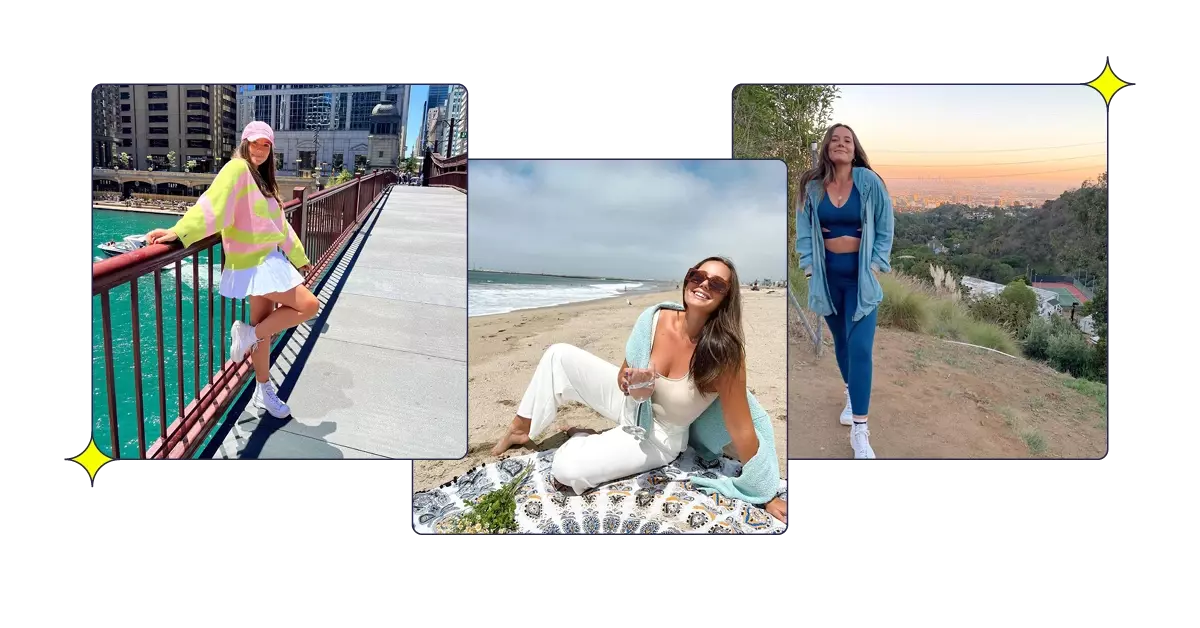
Like many successful entrepreneurs, Rachel needed a leap of faith before landing her dream job.
With a family deeply rooted in the music industry, Rachel instinctively gravitated toward songwriting when she was 11. By the time she was a teenager, she had taken her act on the road.
Rachel moved from Chicago to Southern California after accepting a music scholarship at Whittier College. At the time, it was a perfect opportunity to bring her songs to LA and nurture what seemed like a natural career path. But by sophomore year, she began experimenting with the idea that connecting people through health and fitness—not music—might be her true passion.
The transition started modestly, with Rachel teaching pop-up Zumba classes here and there and meal-prepping for a few college friends. But everything clicked into place when she was tasked with conceptualizing a new business for a sports management class.
“Fitness and wellness looked really different at that time,” she said. “There weren’t a lot of people who had their own fitness platform. And I was just figuring out there were other options for what my life looked like to that point.”
By the time she graduated, Rachel had decided to put her music career behind her and pursue health and fitness full-time in Los Angeles.
“Music was all I knew, and it was all my family ever knew me doing,” Rachel said. “I was a pop singer, and now I’m going to start teaching your local gym class? It was a huge shift.”
Rachel’s first teaching gig paid $15 per class, and she needed to teach at least 20-25 classes per week to have any shot at a living wage in LA. The first couple of years were a slog, but eventually, Rachel started moving up to bigger and better studios. She took what she learned teaching early in her career and merged her favorite methods and techniques into the blueprint for the Recharge Method.
As the framework took off, Rachel started noticing a strong bond begin to form in a curated environment where women could cut loose and be themselves. She also realized she didn’t have to confine that nourishment for the mind, body, and spirit to the walls of a studio.
“It actually started by accident,” Rachel said, recalling the first unofficial Recharge Wellness event in 2017. At the time, she had just become a certified meditation teacher and wanted to host an “elevated girls’ night” that focused more on mindfulness and crystals rather than the classic “pizza and gossip.”
Rachel put the invite out on Facebook. She had expected to host the event at her apartment, but with 35 confirmed guests, she would need a bigger venue—and hopefully some brand-sponsored party favors.
“Having no idea what I was doing, I took a leap and just asked a few brands if they would send some products,” she said.
With a community craving more events and brands willing to get involved, Rachel tried hosting her first weekend retreat the following year. It sold out in about two hours.
Today, the Recharge Wellness community flies from all over the country to meet for retreats, and many have become close friends. Throughout the trips, Rachel hosts workshops to help the group work and heal through whatever they might be facing. Some have left the retreats and finally found that genuine relationship they were looking for. Others have quit their jobs and replaced them with more fulfilling opportunities.
“People usually sign up for a purpose,” Rachel said. “I will always lead a workshop with my own vulnerability to allow other people to know that it’s safe to go there as well.”
The environment Rachel has created for her retreats presents a unique opportunity for brands to pair their products with a transformative experience. But Rachel is picky about who she partners with.
As a wellness influencer, Rachel needs to have a genuine affinity for the brands she promotes. If she doesn’t already love the company and use its products regularly, she’ll need some time to try it out before she considers sharing it with her audience.
That means one-off partnerships are almost certainly out of the question. Most of Rachel’s collaborations last at least three months so she can fully integrate brands into her community and get in the flow of speaking about them organically.
Rachel has learned that long-term partnership from the jump is an ask that not all brands will be open to. But she’s OK with having to convince a little. Besides, the right brand partners are the ones who can understand that it takes time to fully integrate into Rachel’s community and enable her to share their brand story organically.
“It’s such an incredible gift to be able to speak to something directly, not just through a screen,” Rachel said. “To be able to have 50 women at an event and be able to speak about something I really love and have them hear me. That’s where my passion is—being able to share brands that I love with this community.”
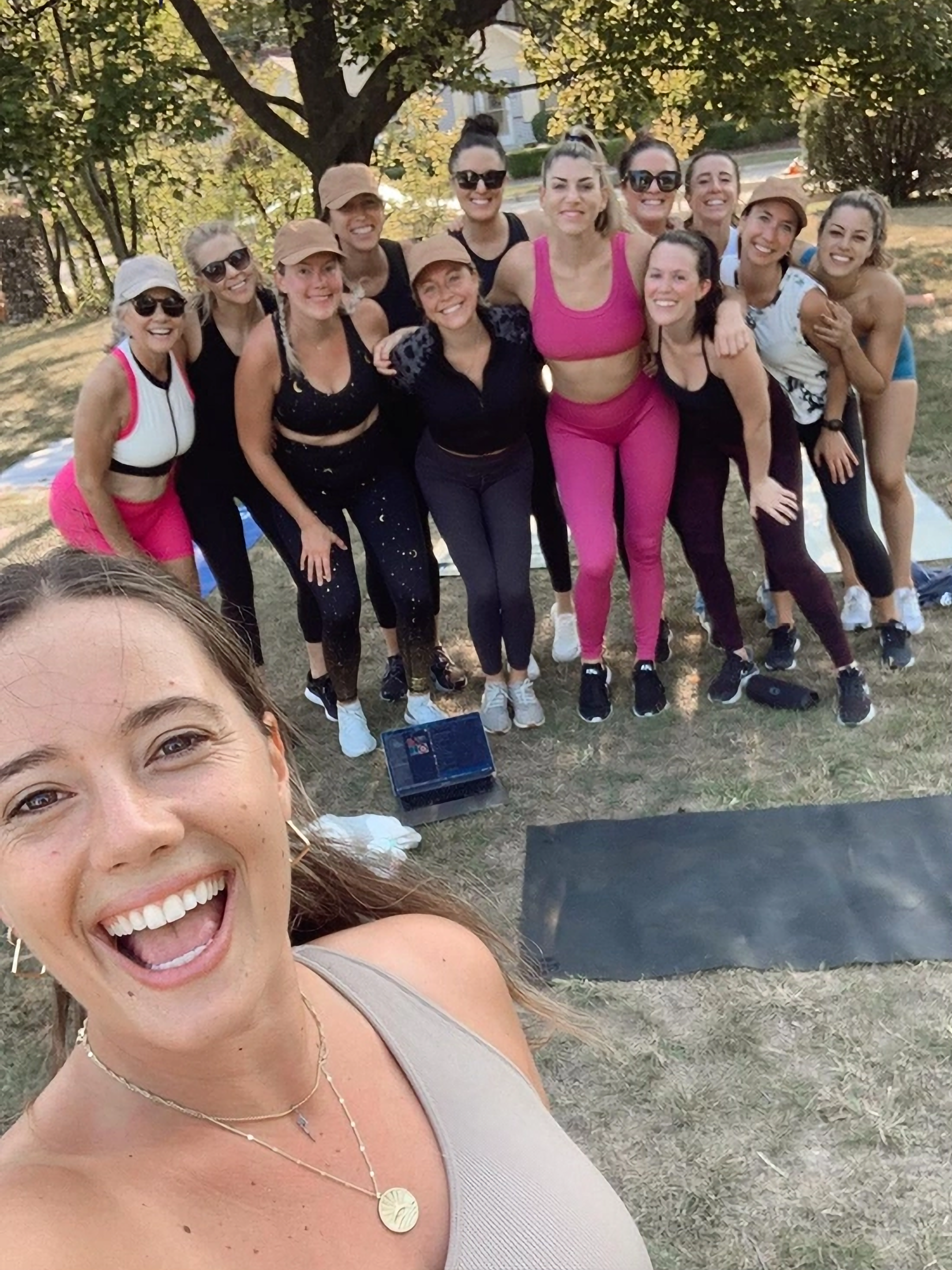
To be able to have 50 women at an event and be able to speak about something I really love and have them hear me, that’s where my passion is – being able to share brands that I love with this community.
-RACHEL MCCLUSKY
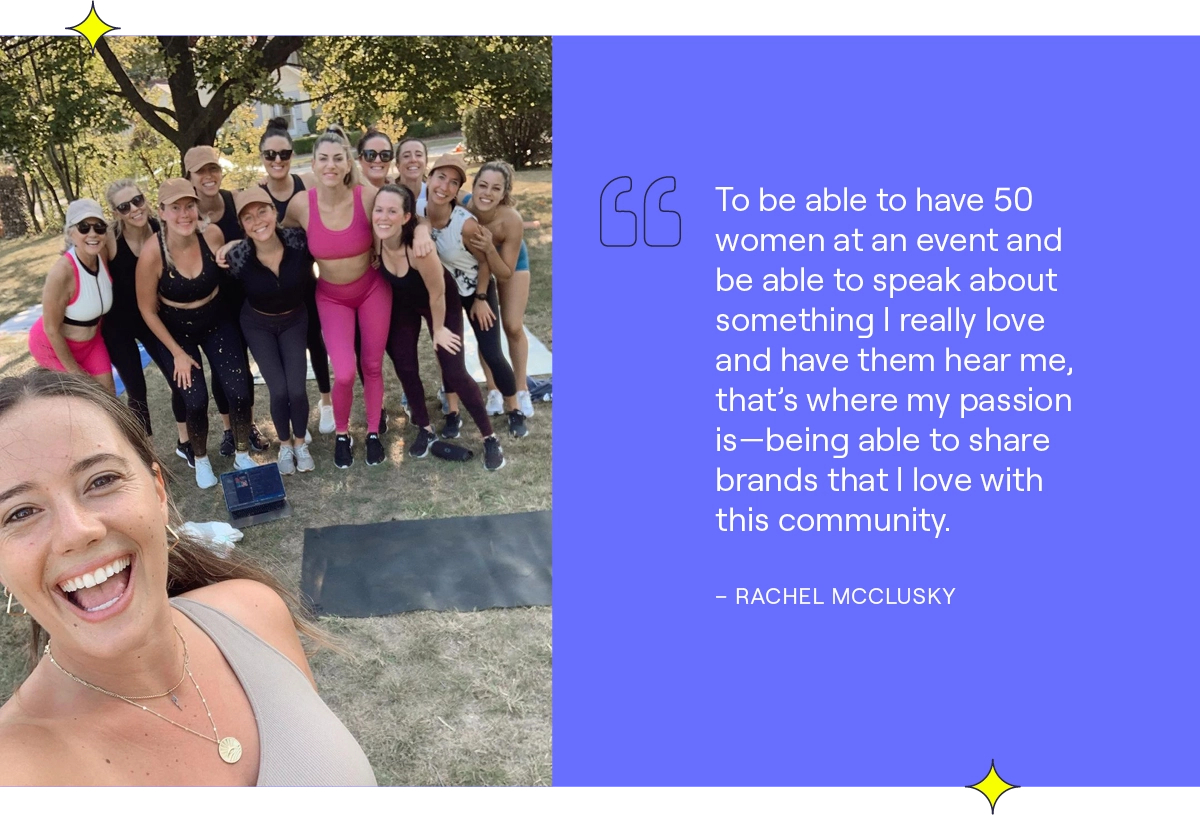
And when that occurs, brands often find themselves with a small but mighty wave of loyal fans eager to share the love.
“And that happens so often,” Rachel said. “It’s my goal that everyone leaves with an obsession with one of the products.”
When Rachel becomes obsessed with a product herself, more often than not, it’s because she is also obsessed with the people behind it—especially small or woman-owned businesses.
“I think relationships are incredibly important, and that’s what makes me excited to tell a brand story,” she said. “I want to know the people working with the brand, I want to know the origin story—I want to know everything.”
I think relationships are incredibly important, and that’s what makes me excited to tell a brand story. I want to know the people working with the brand, I want to know the origin story – I want to know everything.
-RACHEL MCCLUSKY
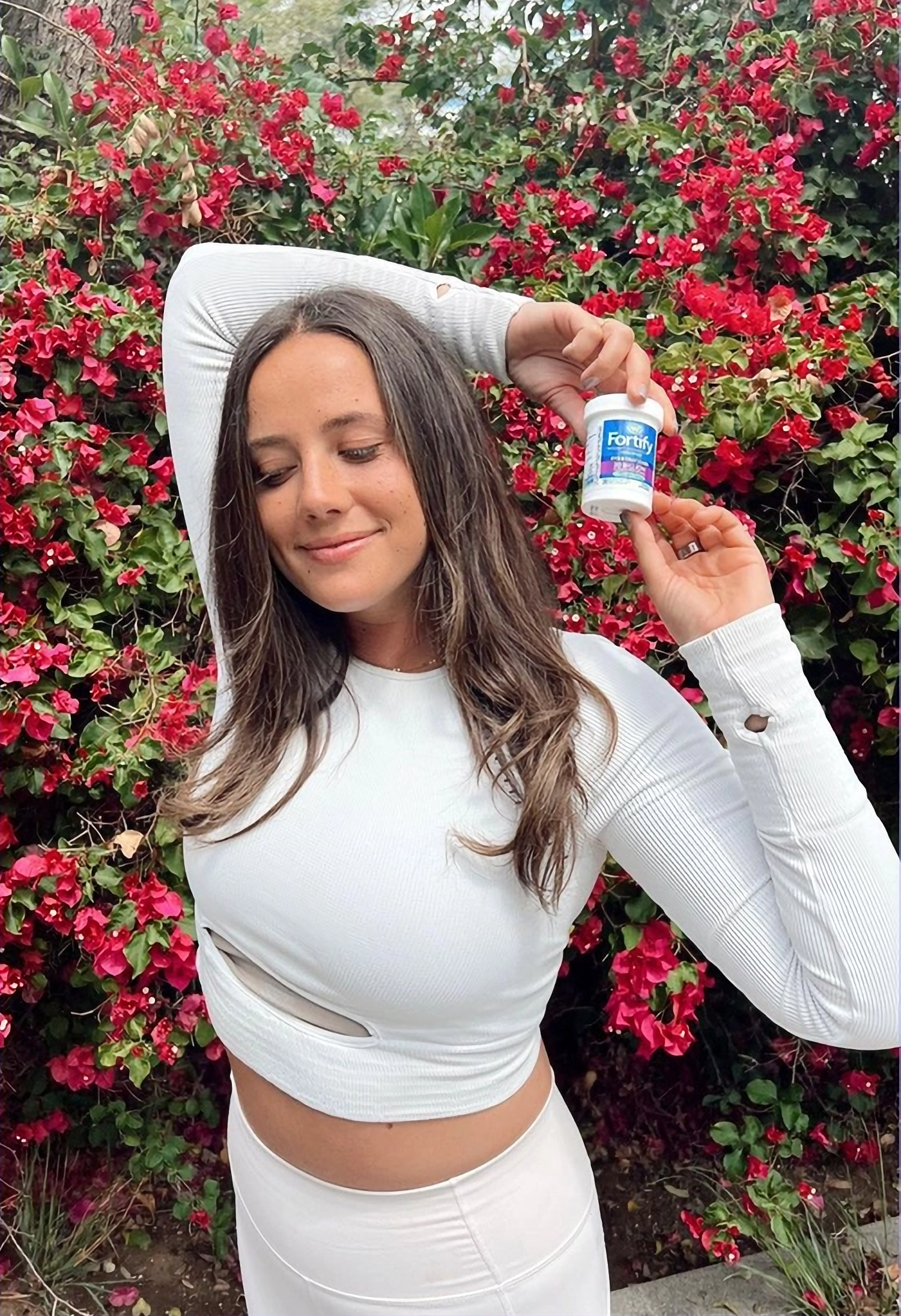
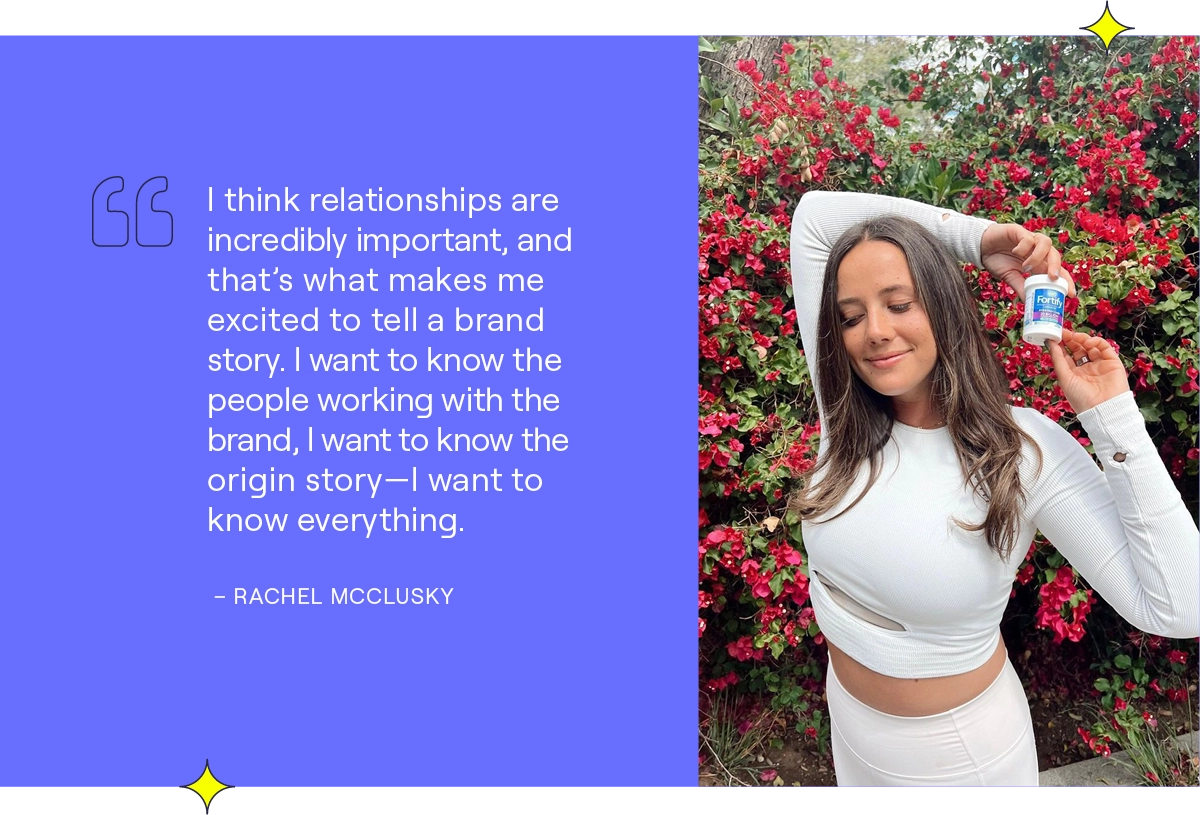
Perhaps most importantly, Rachel wants to work with brands that know how to make creators feel appreciated. Often, the prospects boil down to those that understand the value of what she’s created beyond just her follower count on social media.
“Sometimes there’s a specific follower number that brands equate with value,” Rachel said. “And if that’s the case, then I’m just not the right creator for you.”
And just as the Recharge Wellness community trusts Rachel to help them grow, brands have to trust she can do the same for them.
“There has to be a mutual trust,” Rachel said. “And [a brand] has to see value in me and my community before that can happen.”